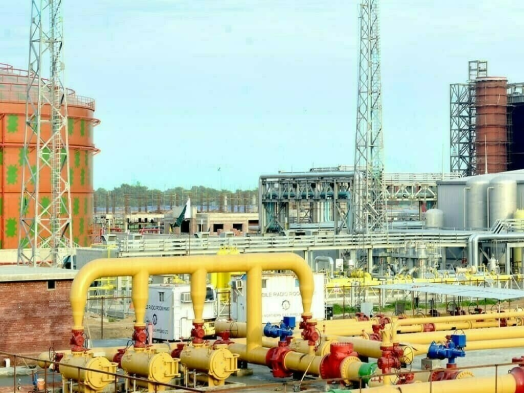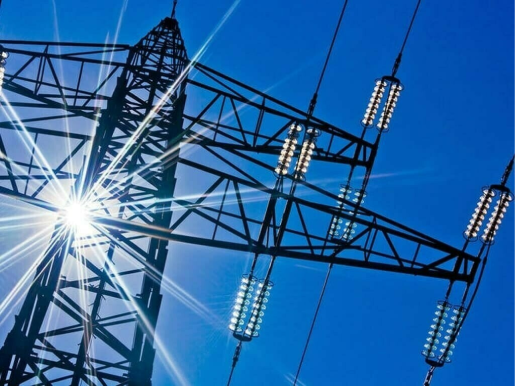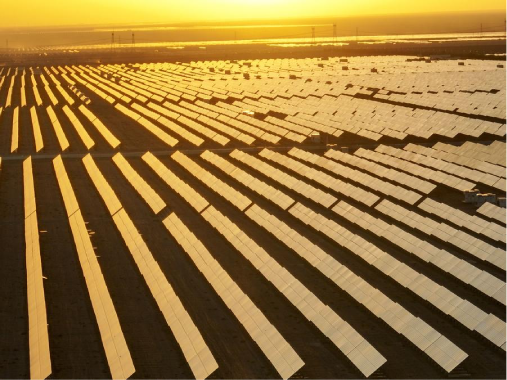ISLAMABAD: Former federal minister and PML-N leader Ahsan Iqbal has claimed the PTI government has delayed the decision for seeking a loan from the IMF, so the monetary organisation has come in a position to dictate its conditions, knowingly that Islamabad had exhausted all other options.
In an interview with ‘The News’ on Wednesday, Ahsan Iqbal said, “If the government had made a timely decision to go to the IMF program, it could have negotiated to protect their interests but the incumbent regime did not take decision in its first year rule. The government had decided to go to the IMF programme after exhausting all options, so the IMF dictated their policies. Finally, the government had allowed the IMF to impose all conditions and they had to accept them all.” He said the fiscal space shrank, so first of all, they axed the development budget. The debt servicing got doubled from Rs1,500 billion to Rs2,900 billion because of increased interest rate, so the fiscal space deteriorated badly. “The decreased fiscal space also negatively impacted the execution of CPEC projects”, he added.
To another question for the CPEC in future, Ahsan Iqbal replied that after the CPEC, the ambassadors of USA, UK, Japan and others wished to become part of this CPEC, however, this investors’ confidence shattered because of the negative vibes given by the incumbent regime after 2018. “Currently, 80 million jobs are relocating from China and if Pakistan gets its share of 6 to 7 million, so our youth could be employed”, he said. It was unfortunate that Pakistan was no more an attractive destination for investment because of the weak macroeconomic situation, so we need to understand that our competition is with Vietnam, Laos, Myanmar and Bangladesh. He said if there would be elections and the country gets a stable government, then Chinese commitment would exist till 2030, so Pakistan could still get the benefits of CPEC by catching up with full force.
The former federal minister said the CPEC was a big gift for Pakistan and it was a game changer project as it comprised three phases from 2014-2030. Its first phase was aimed at filling the gap of infrastructure on the account of energy and infrastructure. When Pakistan provided help to NATO, Islamabad did not get any transit fee, so it deteriorated our roads infrastructure. The Gwadar Port, he said, was not fully focused before the CPEC. In the first phase starting from 2014 to 2020, he said the infrastructure gaps were filled and connectivity between Pakistan and China would be improved. In the second phase from 2020 to 2025, both sides had agreed to boost industrial cooperation as nine Special Economic Zones (SEZs) were supposed to be commissioned by 2020.





